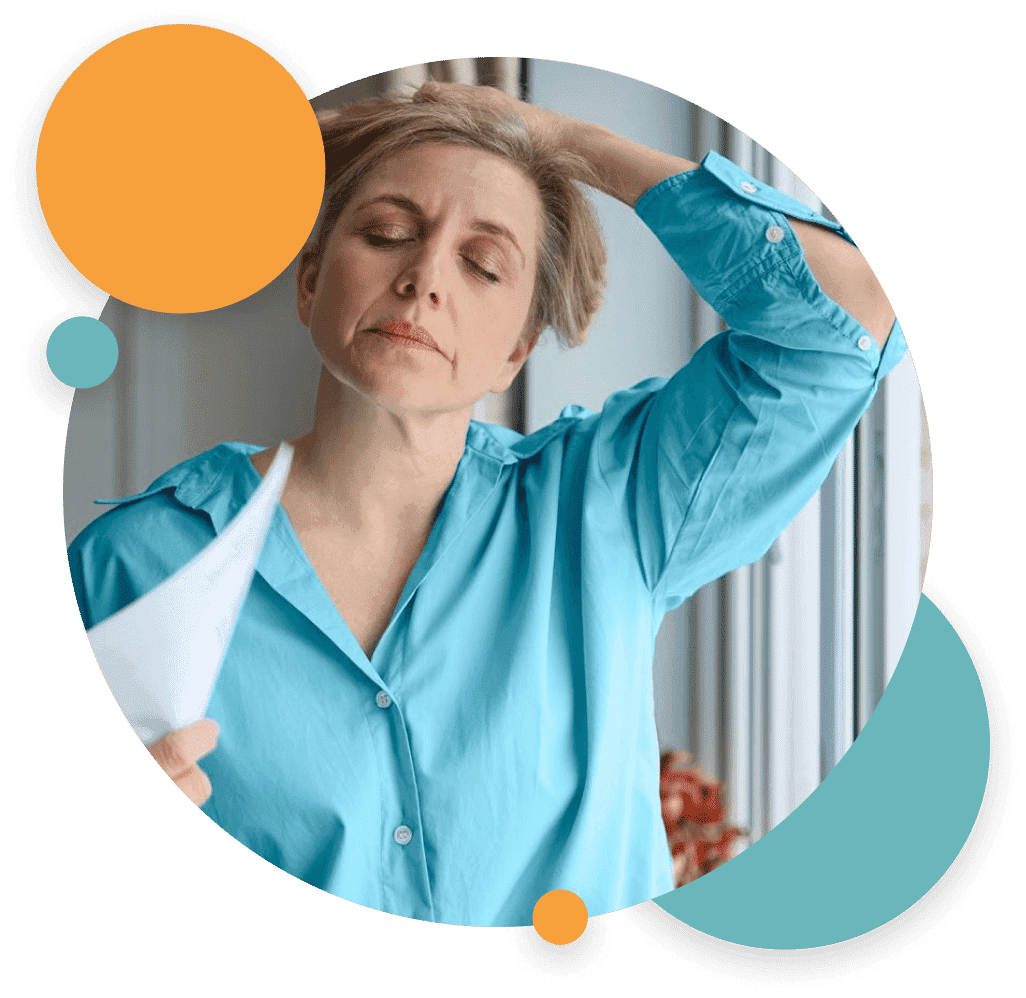Transforming Menopause: How Emotional Stability Fuels Relationship Satisfaction
Obie Editorial Team

Beyond Hormonal Shift: Embracing Relationship Growth During Menopause
Menopause brings various physical and emotional changes, but a lesser-known aspect is its potential to enhance relationship satisfaction. By understanding and embracing these changes, women can navigate this transition with improved emotional resilience and deeper connections.
Harnessing Emotional Stability: A Gateway to Clearer Relationships
As menopause ushers in hormonal stability, many women find a newfound emotional clarity. This reduction in emotional fluctuations lays the groundwork for deeper, more meaningful interactions. Women bolster their emotional resilience by fostering coping mechanisms like mindfulness and therapy, which directly benefits their relationships.
Fostering Closer Connections
The emotional equilibrium attained during menopause benefits individuals and enriches their relationships. Women experiencing reduced stress and mood swings often engage more meaningfully with partners, family, and friends. Enhanced communication and fewer emotional disturbances are the building blocks of strengthened relationship satisfaction.
Physical Activity: Catalyst for Well-Being-Revitalizing Relationships through Movement
Engaging in regular physical activity can uplift mood and decrease stress, thus reinforcing both individual and relational well-being. Whether through yoga, walking, or strength training, active lifestyles promote a more positive outlook. Group exercises further strengthen social bonds, adding a layer of emotional support.
Empowering Resilience through Activity
Exercise doesn't just boost physical health; it cultivates mental resilience that women can draw upon during menopausal challenges. Group activities provide social support and solidify emotional stability, ultimately benefiting personal relationships.
Redefining the Menopausal Journey
Menopause can transform into a journey of personal growth and enhanced relationship satisfaction. Women can navigate this transition with greater confidence and intimacy by embracing emotional stability and maintaining physical activity.
Understanding Menopause: More Than Just Hormonal Changes
Menopause is often associated with hot flashes, mood swings, and sleep disturbances. However, research shows this natural transition can bring unexpected benefits, including emotional stability and improved relationship satisfaction. A recent study highlights how psychosocial factors, particularly emotional resilience and physical activity, are crucial in shaping a positive menopausal experience.
The Power of Emotional Balance
Hormonal Stability, Emotional Well-Being
As hormone levels fluctuate and eventually stabilize post-menopause, many women report feeling more emotionally balanced. This reduction in hormonal volatility leads to fewer mood swings and increased emotional clarity. The study suggests that women who cultivate strong coping mechanisms, such as mindfulness or therapy, experience greater resilience during this transition.
Strengthening Relationships
Emotional balance doesn’t just benefit the individual—it enhances relationships too. Women who report reduced stress and mood swings often feel more engaged and present in their personal relationships. Clearer communication and fewer emotional disruptions contribute to improved relationship satisfaction, fostering deeper connections with partners, friends, and family.
The Role of Physical Activity in Menopausal Well-Being
Exercise: A Natural Mood Booster
Physical activity is a powerful tool for managing menopausal symptoms. Regular exercise, whether it’s walking, yoga, or strength training, has been shown to reduce stress, improve sleep, and enhance overall mood. The study found that active women reported fewer depressive symptoms and a greater sense of well-being compared to their sedentary counterparts.
Building Resilience Through Movement
Beyond the physical benefits, exercise also strengthens mental resilience. Engaging in physical activities fosters a sense of accomplishment and control, helping women navigate the challenges of menopause with confidence. Group activities, such as dance or group fitness classes, offer additional social support, further enhancing emotional well-being.
Embracing the Menopausal Transition
Rather than viewing menopause solely as a time of discomfort, this stage of life can be an opportunity for growth and renewal. By focusing on emotional balance and maintaining an active lifestyle, women can experience menopause as a time of newfound stability, deeper relationships, and overall well-being.
Source: Süss H, Willi J, Grub J, Ehlert U. Psychosocial factors promoting resilience during the menopausal transition. Arch Womens Ment Health. 2021 Apr;24(2):231-241. doi: 10.1007/s00737-020-01055-7. Epub 2020 Jul 27. PMID: 32719937; PMCID: PMC7979610.








